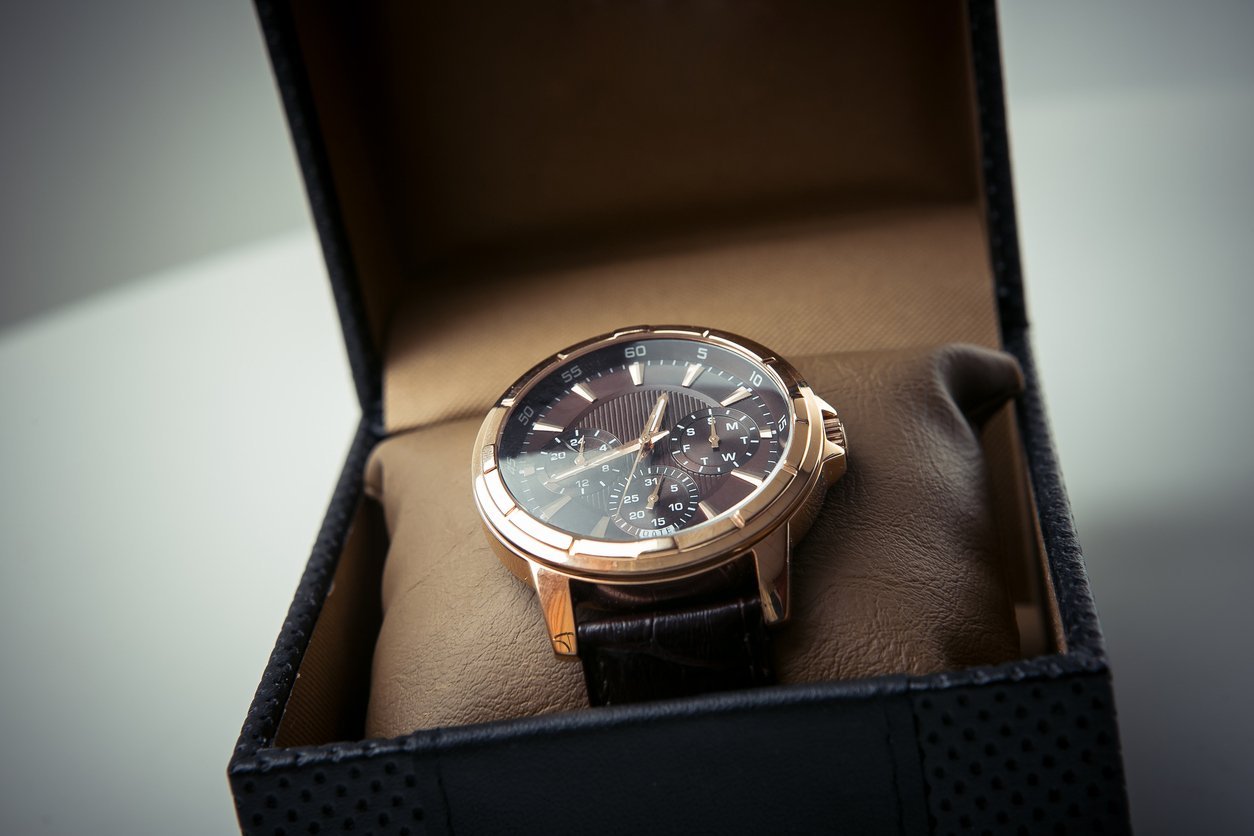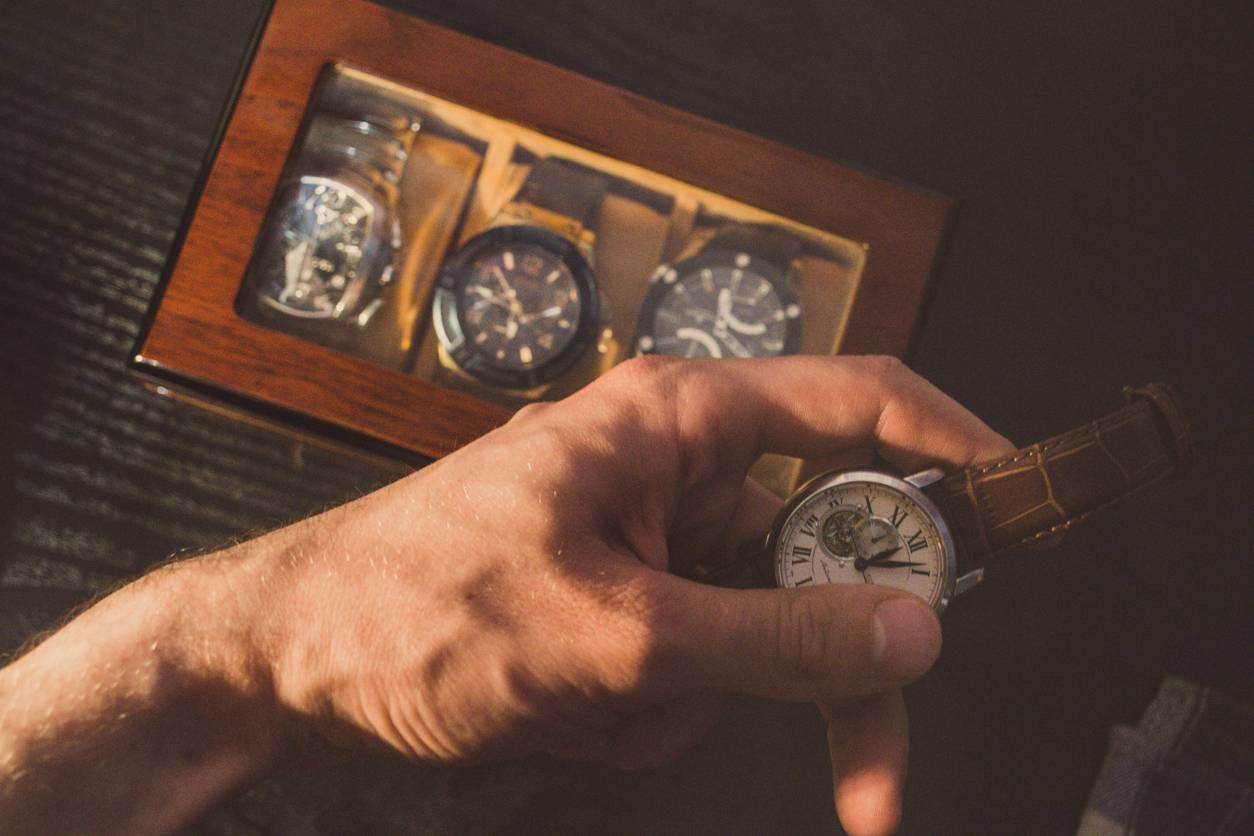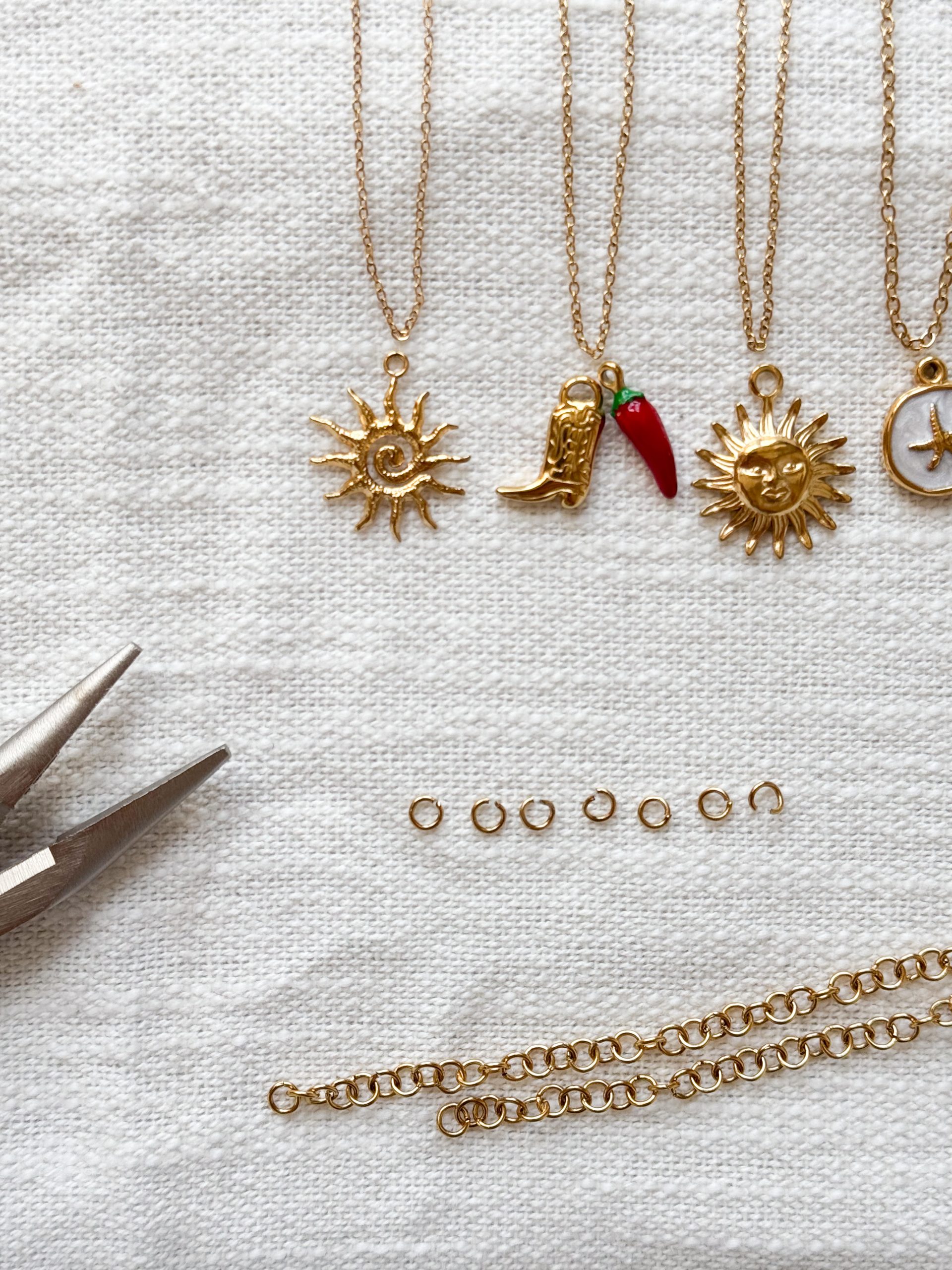
How to Organize and Protect Your Watches in a Watch Box?
This publication is also available in: Français
English (UK)
Deutsch
Italiano
Español
Watch collections deserve special attention to maintain their shine and proper functioning. Each piece is indeed an investment and can hold significant sentimental or financial value.
It is therefore essential to store them correctly to avoid scratches, humidity, or any other damage. Using a well-suited box provides a practical solution to organize and protect your timepieces. How can you arrange your watches while preserving them in the best possible conditions?
Choosing the right size and configuration for your watch box
The selection of the case primarily depends on the size of your collection. If you own several models, opt for a box that is large enough to accommodate them. It is preferable to have a container that is slightly larger to anticipate future additions.
The internal configuration of the watch box also plays a crucial role. Some boxes offer individual compartments for each model, to avoid any contact between the pieces. This significantly reduces the risk of scratches.
Other options feature removable trays or additional drawers to organize accessories such as spare straps or adjustment tools. Depending on your needs, choose a storage solution that presents a layout that perfectly adapts to your range and the space you have available. The latter should be in harmony with your habits as a collector.

Using cushions and dividers to protect the watches
Cushions and dividers inside the box are essential to ensure the safety of your pieces. Each item should be placed on a cushion that conforms to its shape, keeping it securely in place. This precaution prevents involuntary movements that could cause shocks or scratches.
The choice of materials for the supports is also crucial. Prefer velvet or soft leather supports, which offer additional protection against abrasions. Dividers, on the other hand, create a barrier between each model, preventing any direct contact between them.
This is particularly important if you have watches with delicate dials or metal bracelets that could scratch neighboring surfaces. Above all, ensure that the spacers are the right size to hold the pieces without compressing them. An excellent arrangement is essential to preserve the integrity of your pieces over the long term.
Storing watches according to their frequency of use
The watches you wear regularly should be placed in the most accessible compartments. This allows you to grab and store them quickly without having to move other items, minimizing the risk of damaging them. Collection pieces or those you use for special occasions can be placed in the sections located at the back.
This organization reduces unnecessary handling and keeps your accessories in impeccable condition. If your selection includes automatic models, consider investing in a box with integrated winders. These devices keep your items in motion, preventing the internal mechanisms from seizing up. A strategic storage approach based on usage not only saves you time but also ensures better preservation.
The best tips to avoid humidity and dust
To protect your watches, start by choosing a box with a hermetic lid. This type of closure prevents dust from entering and limits exposure to ambient air, reducing the risk of corrosion of internal components. To combat humidity, place a small sachet of silica gel in your box.
This desiccant absorbs excess moisture, creating a drier environment. Make sure to regularly replace this sachet to keep it effective. Also, avoid placing your box in humid locations, such as the bathroom or kitchen.
Prefer a sterile place that is protected from direct sunlight, as the latter can also cause damage. By taking these simple precautions, you protect your items from external aggressions and extend their lifespan.
Regularly maintaining your box for optimal protection
Regularly maintaining your box is a necessary step to ensure long-lasting protection for your pieces. Start by cleaning the interior every two to three months. Use a soft, dry cloth to dust the cushions and dividers. If the interior lining is fabric, you can use a handheld vacuum to remove dust particles.
For the exterior, maintenance depending on the material is recommended. Wood can be polished with an appropriate product to maintain its shine. However, leather may require the application of a balm to prevent it from drying out. If your box is made of metal, a simple damp cloth is sufficient to remove fingerprints. Also, ensure that the closures function correctly and that the hinges are well-maintained.



